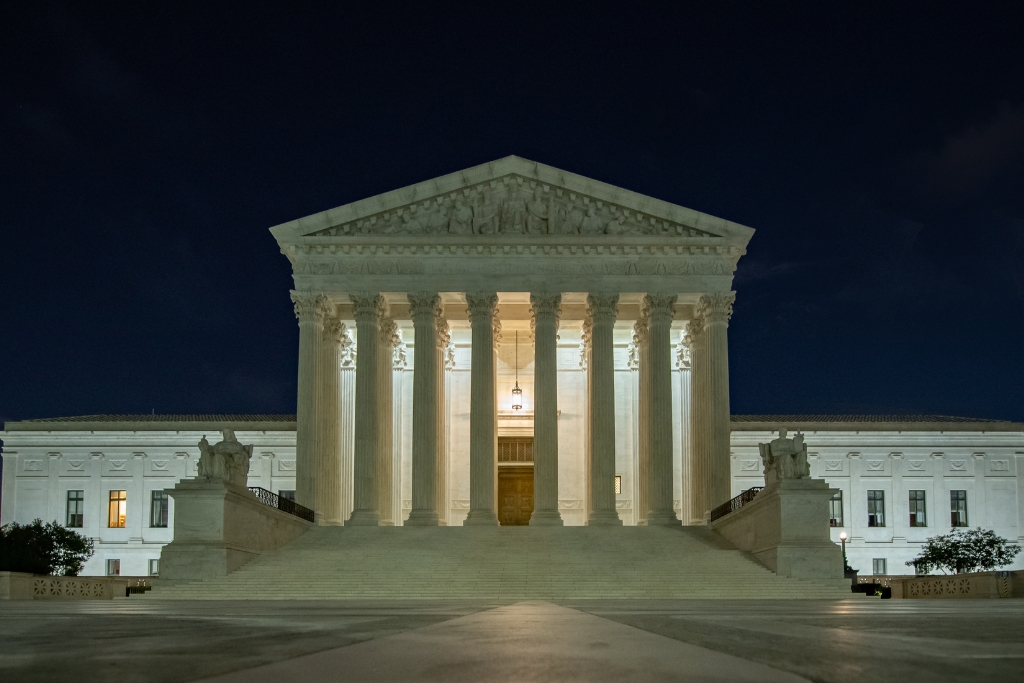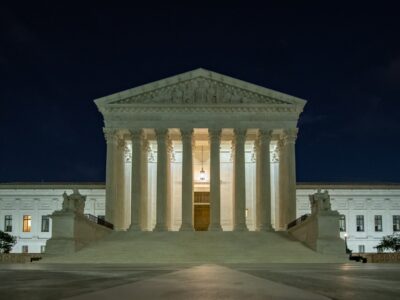In a pivotal moment that could shape the legal landscape around climate change accountability, the oil industry, along with its staunchest supporters, is pulling out all the stops. They’re trying to get the Supreme Court to step in and shield them from a barrage of climate liability lawsuits. These suits, filed by various cities and states across the country, aim to hold the industry responsible for climate-related damages—a hot-button issue that’s been simmering for years.
Inside the Honolulu Climate Lawsuit
At the heart of the current legal storm is the case of the City & County of Honolulu v. Sunoco LP. Back in 2020, Honolulu threw down the gauntlet, accusing major oil companies of being well aware of the risks their products posed to the climate. The claim is that they kept this knowledge under wraps from the public for decades. Now, as the Supreme Court gears up for its conference on June 6, all eyes are on whether the justices will agree to hear the case, as reported by the LA Times.
The Nationwide Ripple Effect
Honolulu’s lawsuit is just the tip of the iceberg. Dozens of similar cases are waiting in the wings, but it’s Honolulu’s that’s poised to be the first to reach trial. This comes after the Hawai’i Supreme Court’s green light last October, which has since sparked a frenzy of activity. It’s not only the oil industry that’s pleading for Supreme Court protection—20 Republican attorneys general have entered the fray with briefs supporting the industry’s stance. Meanwhile, right-wing groups are waging a public messaging war, and conservative editorial pages are calling on the justices to step in.
A Question of Jurisdiction and Preemption
The question posed to the Supreme Court may seem straightforward: Should a city dictate national energy policy? But that’s a smokescreen. The real legal conundrums are whether the Supreme Court should be stepping in at this juncture—where the State Supreme Court has merely allowed a trial to proceed—and whether federal statutes like the Clean Air Act override state court claims related to consumer deception.

The National Climate Litigation Movement
If the Supreme Court decides to wade into these waters, it could send shockwaves through a growing body of climate litigation. Attorneys general from nine states, along with municipalities from coast to coast, have launched their own legal battles. This February, Chicago joined the movement, and Michigan’s AG has signaled a similar lawsuit is on the horizon. But the case that could really turn the tide is the one brought forth by California’s own Attorney General Rob Bonta and Governor Gavin Newsom in September 2023.
Consumer Protection at the Heart of Climate Lawsuits
The plaintiffs in these cases are adamant: their goal is not to regulate global emissions or to draft a national energy policy. Instead, they’re focused on upholding consumer protection laws—something state courts have done time and again, as seen in cases against Big Tobacco and lead paint manufacturers. What’s unfolding is a series of climate lawsuits progressing through the judicial system, business as usual. The idea that the Supreme Court might intervene to protect the oil industry from facing a jury is what’s truly out of the ordinary.
Big Oil’s Legal “Hail Mary”
Referring to the oil industry’s aggressive lobbying as a “full-court press” might be putting it mildly. It’s more akin to a “Hail Mary”—a desperate pass thrown in the hopes of a last-minute save. But whether this play will sway the Supreme Court remains to be seen. As the legal battles heat up, one thing is certain: the outcome could have profound implications for how the United States addresses corporate accountability in the era of climate change.
Key Players and Terms:
- Attorneys General
- Big Oil
- California
- City & County of Honolulu v. Sunoco LP
- Climate litigation
- Hawaii
- Honolulu
- Sunoco
- Supreme Court
Did you miss our previous article…
https://pardonresearch.com/?p=34050
